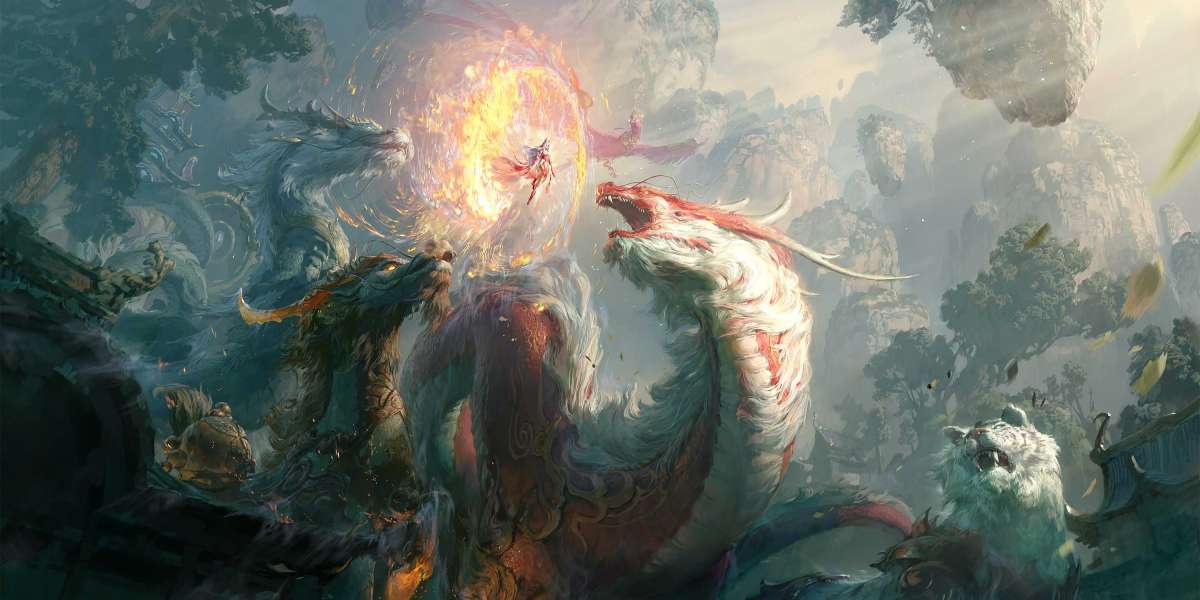Introduction:
The year 1963 proved to be a monumental one in history, marked by various significant events that left an indelible mark on the world. One event, however, stands out among the rest - the assassination of President John F. Kennedy. On that fateful day in November, the nation was thrust into a state of shock and disbelief as the beloved President's life was cut short by a lone gunman. This tragic event forever changed the course of American history and left an enduring imprint on the collective consciousness of the world.
On November 22, 1963, President John F. Kennedy embarked on a visit to Dallas, Texas, as part of his political campaign for re-election. Crowds eagerly gathered along the designated motorcade route, hoping to catch a glimpse of their charismatic leader. The atmosphere was festive, with the air buzzing with anticipation and excitement.
As the motorcade made its way through the streets of Dallas, the President waved and smiled at the adoring crowd, fully unaware of the impending danger that lurked in the shadows. Suddenly, shots rang out, shattering the tranquil afternoon and causing a wave of panic and confusion to sweep through Dealey Plaza. Moments later, the realization dawned upon the crowd that something horrendous had just occurred - President Kennedy had been shot.
The chaotic scene unfolded rapidly, with Secret Service agents and law enforcement scrambling to ascertain the origin of the gunfire and provide immediate aid to the wounded President. The moment that defined not only a nation but an era had arrived. President Kennedy was quickly rushed to Parkland Memorial Hospital, where medical staff battled desperately to save his life.
As news of the assassination attempt spread, the nation was gripped by a deep sense of sadness and disbelief. Television screens displayed images of distraught citizens, united in their grief, as they sought solace and answers in this unprecedented tragedy. Schools and businesses closed, and regular programming was interrupted to bring live updates on the President's condition.
Despite the valiant efforts of the medical team, President John F. Kennedy succumbed to his injuries and was pronounced dead at 1:00 p.m. Central Standard Time. The nation fell into an overwhelming state of mourning, and waves of shock and grief reverberated across the globe. It was a day that would forever be etched in the memories of those who witnessed the tragic event.
The assassination of President Kennedy initiated a series of profound repercussions, including the swearing-in of Vice President Lyndon B. Johnson as the 36th President of the United States and the subsequent investigations into the events surrounding the assassination. The event also sparked countless conspiracy theories and fueled public skepticism towards the government, leaving an enduring legacy of unanswered questions that still linger today.
In conclusion, the assassination of President John F. Kennedy in 1963 was a pivotal moment in history, forever altering the course of the United States and the world. It remains a haunting reminder of the fragility of leadership and the lingering impact of tragic events.



